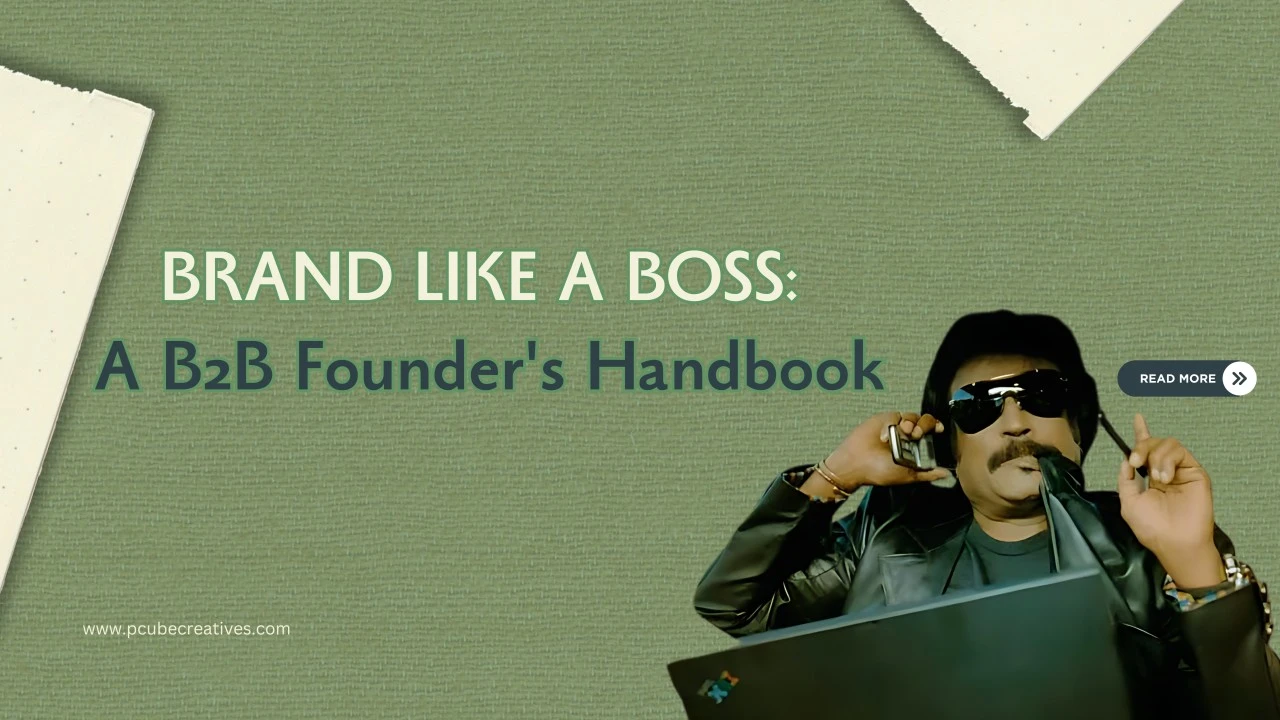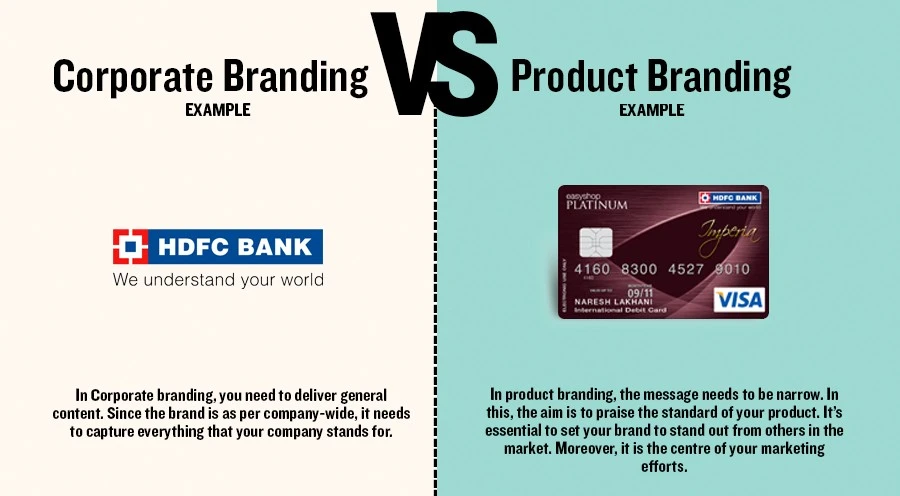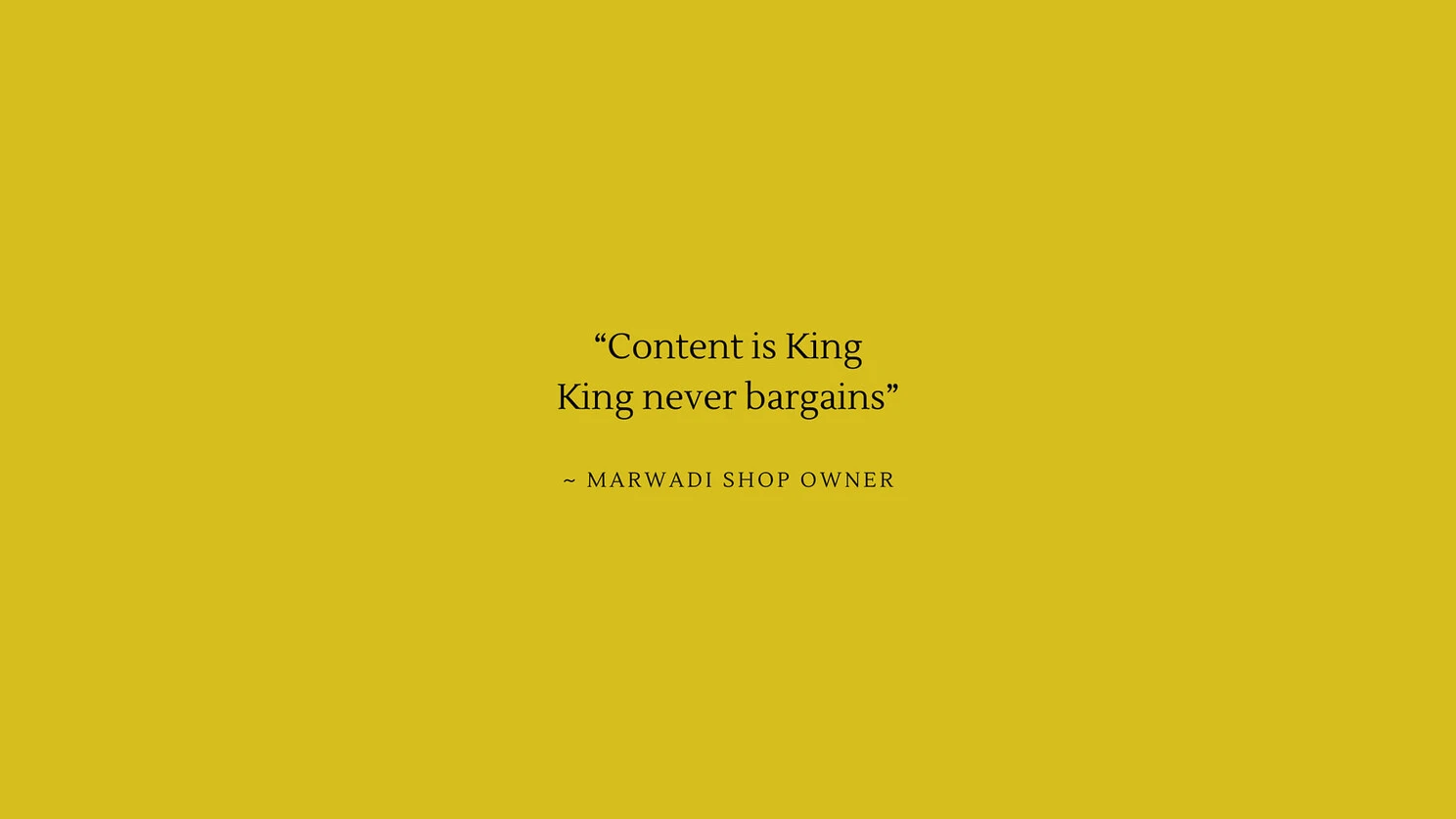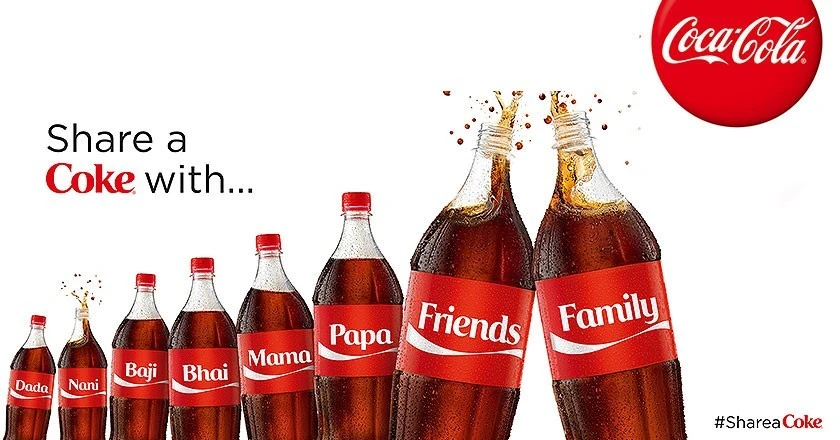 Different Branding Strategies: A Guide for B2B Company Founders
Different Branding Strategies: A Guide for B2B Company Founders
Have you ever wondered why some companies effortlessly capture the market's attention while others struggle to stand out? According to research, 64% of people say that shared values are the main reason they have a relationship with a brand. In this article, we'll explore different branding strategies and how they can help B2B company founders like you create a strong brand presence in the market.

B2B companies often struggle to differentiate themselves from competitors and connect with their target audience. Effective branding strategies are essential for B2B companies because they: - Differentiate the company from competitors. - Build trust and credibility with customers.
B2B company founders may not know which branding strategies to use or how to implement them effectively. By understanding the different types of branding strategies and their examples, B2B company founders can choose the right approach for their business. Branding strategies are diverse and adaptable, catering to various business needs and goals. Let's delve into some examples of successful branding strategies employed by renowned companies:

Focusing on promoting the overall brand of the company is called corporate branding. Companies like Apple have mastered corporate branding by creating a cohesive brand image across all products and services. From their sleek design to their customer-centric approach, Apple has built a brand that stands for innovation and quality.
Emphasizes specific products or services offered by the company. Nike's product branding strategy is a prime example of how to create distinct identities for different product lines. Their Air Jordan line, for instance, targets basketball enthusiasts with its high-performance shoes endorsed by Michael Jordan himself.

B2B companies may struggle to incorporate branding strategies into their marketing efforts. By aligning branding strategies with marketing tactics, B2B companies can create a cohesive brand experience for their customers. In today's digital age, branding and marketing go hand in hand, with branding providing the foundation for all marketing efforts. Let's explore how different branding strategies manifest in various marketing tactics:
- Content Marketing:

We are sharing valuable content that aligns with the brand's values and resonates with the target audience. Brands like HubSpot excel in content marketing by providing valuable resources and insights that align with their brand values. Through blogs, ebooks, and webinars, they establish authority and attract potential customers.

Engaging with customers on social media platforms to build brand awareness and loyalty. Companies like Wendy's use social media platforms to engage with their audience in a witty and relatable manner. By sharing memes and humorous content, they humanize their brand and foster a loyal following.
Brands like Fashion Nova collaborate with influencers to reach new audiences and increase brand awareness. Partnering with influencers to promote the brand and reach a wider audience. By partnering with influencers who align with their target demographic, they leverage their credibility and reach.

B2B company founders may not know how to adapt branding strategies to their specific market. By studying successful branding strategies adopted by companies, B2B company founders can gain insights into what works and apply them to their own businesses. Successful companies employ various branding strategies to differentiate themselves and connect with their audience. Let's explore some notable examples:

With its timeless branding and iconic logo, Coca-Cola has become synonymous with refreshment and happiness. Coca-Cola's branding strategy revolves around creating emotional connections with its audience. Through timeless campaigns like "Share a Coke" and "Holidays are Coming," Coca-Cola has become ingrained in cultural moments and celebrations worldwide.






